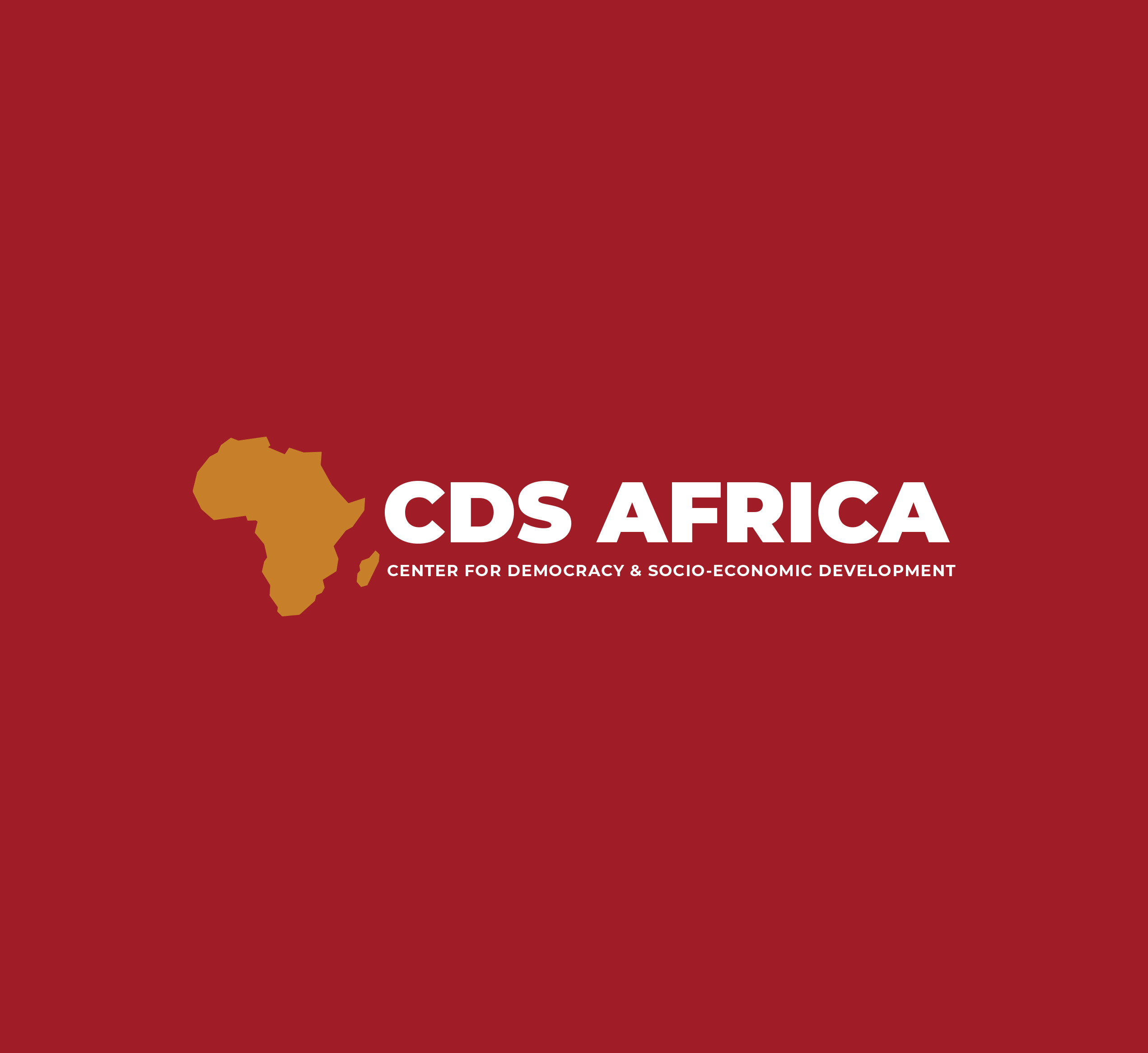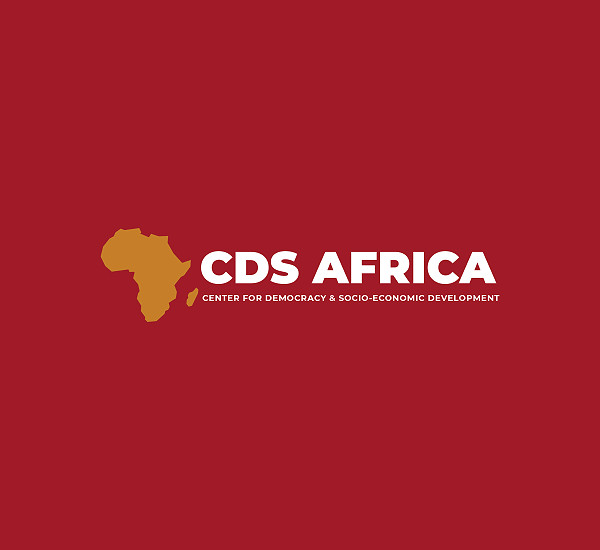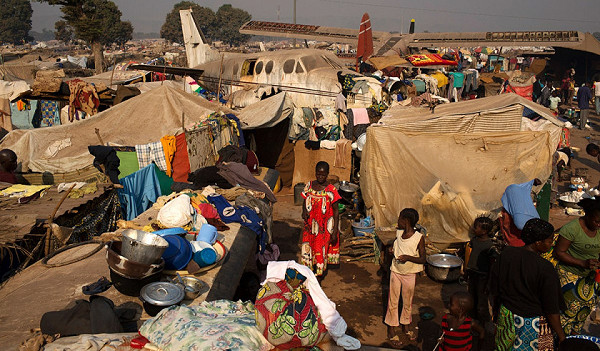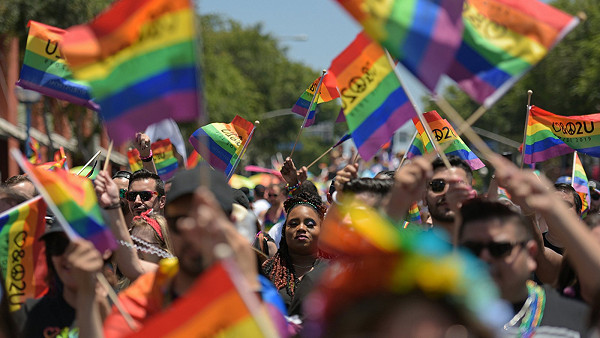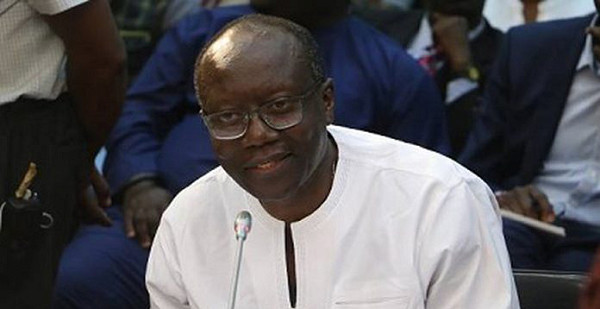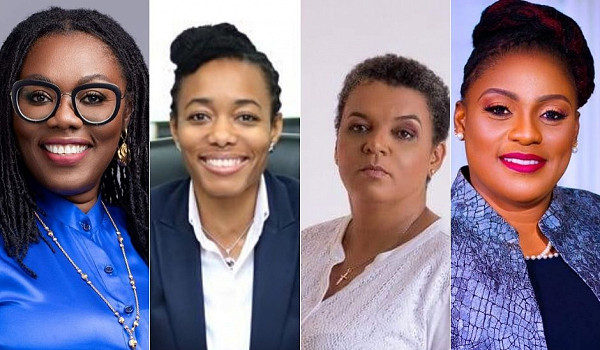According to the World Health Organization statistics in 2022, about 3.1 million people in Ghana suffer from some form of mental illness with about 16,000 of these cases reported to be severe. The statistics also reveal that about 41% of Ghanaians go through some form of psychological distress owing to many economic, health and social factors.
Despite all these alarming statistics, mental health is still the least spoken about amongst all health conditions in our Ghanaian circles. Issues of mental health is often ignored or down played, leaving those who suffer from it feeling neglected, rejected and stigmatized.
Under Ghana’s Mental Health Act (ACT 846), a mental health authority is established to propose and implement mental health policies, to provide humane care including treatment and rehabilitation in less restrictive environments, and to promote a culturally appropriate, affordable, accessible and equitably distributed, integrated and specialized mental health care that will involve both the public and the private sectors.
Through this Act, the Mental Health Policy was introduced and has allowed key stakeholders like the World Health Organization to launch a three-year Quality Rights Initiative in 2019 to improve the quality of care and promote the human rights of people living with mental health conditions. Despite these remarkable milestones in bringing needed attention to the issue, people suffering from mental health issues continue to face numerous challenges.
There have been several reports of mistreatment and forced treatments on patients that go to in some facilities. There are also very few mental facilities for people who need treatment. According to the Mental Health Authority Ghana, there are only three (3) public psychiatric facilities across the country, providing treatment and rehabilitation to patients with mental disorders. The World Health Organization statistics also highlights that as at 2022, there are only thirty- six (36) Psychiatrists in Ghana, which points to a serious shortage in adequately trained mental health professionals.
Furthermore, the existing few mental health facilities in Ghana are in terrible state. These institutions have to contend with issues from poor staffing, to lack of maintenance, lack of equipment, poor sanitation conditions, shortage of beds for patients, among others.
Mental health is a vital part of our lives because it affects the quality of life, productivity, our relationship with others and general well being. It is therefore important for us to pay close attention to and care for our mental health.
This month of May is United Nation’s Mental Health Awareness month and is celebrated every year to sensitize the public about mental illnesses and the realities of living with mental disorders. It also aims at reducing stigma and demystifying mental health especially in the Ghanaian society. Very often, issues of mental health in our Ghanaian context are immediately considered spiritual and swiftly swept under the carpet, thereby discouraging people from seeking the much-needed help for a minor mental situation that could easily be remedied.
As we celebrate this year’s Mental Health Awareness month, CDS Africa calls on Government and all stakeholders to as a matter of urgency provide the requisite resources (human, infrastructure, financial etc.) for accessible cost-effective treatments that would cater to the mental health needs of Ghanaians.

